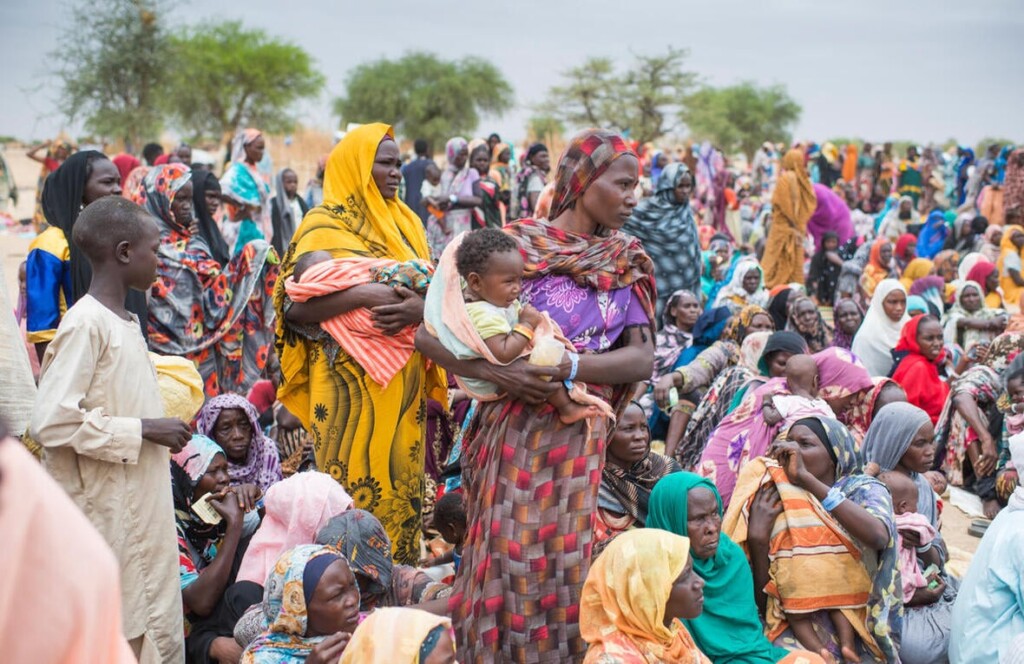‘Every second person needs humanitarian aid in Sudan’, int’l orgs warn

Sudanese refugees in Ethiopia (File photo: UNHCR)
The number of people displaced by the conflict in Sudan has neared a “staggering” 11 million people, most of whom are in urgent need of humanitarian assistance, the International Organisation for Migration (IOM) warns.
In a news statement on January 26, the IOM sounds the alarm that urgent and coordinated international efforts are needed to alleviate the conditions facing people displaced by the conflict in Sudan, “the world’s largest displacement crisis”, calling the current humanitarian response “insufficient”.
“As of today, one in eight internally displaced persons are in Sudan”, says Amy Pope, IOM Director General. “They suffer from severe lack of food, shelter, health care and sanitation, putting them at increased risk of disease, malnutrition and violence.”
Among the 10.7 million displaced people, 1.7 million have fled to neighbouring countries, more than 60 per cent of whom are Sudanese nationals.
Chad hosts the largest share of arrivals, at 37 per cent, followed by South Sudan at 30 per cent and Egypt at 24 per cent. Others have sought refuge in Ethiopia, Libya and the Central African Republic. “This creates additional humanitarian needs in a region already suffering from a deep crisis.”
IOM laments the impact the conflict has had on daily life in Sudan, where “critical infrastructure, including healthcare facilities, schools, roads, and utilities like power and water sources, along with telecommunications assets, has been destroyed”.
“We cannot turn our backs on the millions of people in need of support.”
‘Record highs’
In its latest Sudan Humanitarian Update on January 25, the UN Office for Coordination of Humanitarian Affairs (OCHA) echoed calls for urgent humanitarian intervention.
“Humanitarian needs in Sudan are at record highs”, OCHA says, where almost 25 million people, “or every second person”, need humanitarian assistance this year.
In the period spanning October 2023 to February 2024, more than 17 million people are facing acute food insecurity, of which almost 5 million are at “emergency” levels of food insecurity, according to the latest International Food Security Phase Classification (IPC) data.
The country is also grappling with a cholera outbreak. Data from the Federal Ministry of Health and the WHO, quoted by OCHA, shows that suspected cases have increased by more than 20 per cent since December 20. This reportedly includes 10,000 suspected cholera cases and 275 deaths, as of January 20.











 and then
and then